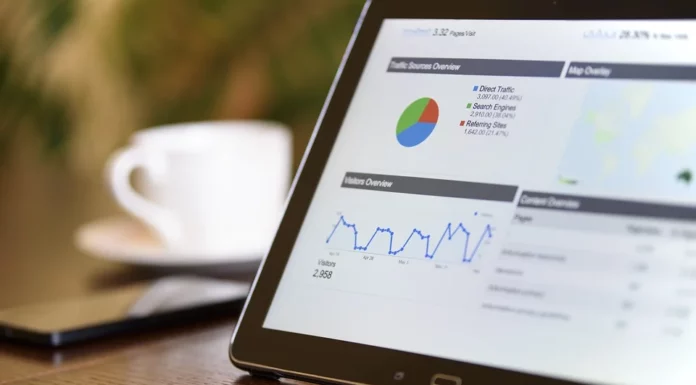If you own a business that operates a fleet of vehicles, you may have already experienced some challenges when it comes to managing driver performance and safety. For this reason, you may be wondering if you should equip your fleet vehicles with dash cameras. Dash cams can be a very useful tool for fleet management as they can provide evidence in the event of an accident on the road. However, there are legal implications to consider before you install dash cams in your fleet. In this post, we’ll explore the legal considerations of using dash cams for fleets.
What are Dash Cams?
Dash cams are small vehicle cameras mounted to the windshield or dashboard of a vehicle. They continuously record video and audio of the road ahead, providing a permanent record of the driver’s view of the road. Dash cams are often used by drivers as a way to provide evidence in the event of an accident. However, they can also be utilized by fleet managers to monitor driver behavior and improve safety.
Privacy Concerns
One of the main legal considerations of using dash cams for your fleet is its privacy. Depending on the jurisdiction in which your fleet operates, you may need to comply with certain privacy laws when you use dash cams. For example, in some states, recording audio without the consent of all parties being recorded is illegal. Some states require that drivers are informed when they are being recorded, for example, by placing a sticker or sign on the vehicle.
To make sure that your fleet is compliant with privacy laws, it’s crucial to research the laws in your jurisdiction and consult with an attorney if needed. You should also develop clear policies for how the dash cams will be used and what data will be collected. This can help you make sure that drivers understand their rights and can help prevent any potential legal issues.
Data Storage and Access
Data storage and access is another legal consideration to make when using dash cams in your fleet. Dash cam footage can be valuable evidence if an accident occurs; however, it can also contain sensitive information about drivers and passengers, so it should be stored securely.
It’s vital to consider how long you will retain dash cam footage for. In some states, there are laws requiring companies to store data for a certain period. Ensure that you are aware of any retention requirements in your jurisdiction and develop policies for how long you will store the footage.
In addition to storing data, it’s also important to consider who will have access to the footage. Will it only be accessed by fleet managers, or will drivers be given access to their own footage? If drivers are going to be given access, what policies will you put in place to ensure that the footage is used appropriately?
Liability Issues
Using dash cams in your fleet can raise some liability issues that you must be aware of. While dash cams can provide valuable evidence in the event of an accident, they can also lead to liability for your business if they are not used appropriately.
For example, if a driver is involved in an accident and the dash cam is discovered to not be functioning correctly at the time, your business may be liable for any damages resulting from the collision. Similarly, if one of your drivers is involved in an accident and the footage from the dash cam reveals that they were behaving unsafely or recklessly, your company may be held liable for any damage resulting from the accident.
To best mitigate these risks, it’s essential to ensure that clear policies are developed for how dash cams will be used and maintained. It’s also worth providing some training to drivers on how to use the dash cams correctly and how to report any issues that they might experience.
How Dash Cams Can Benefit Your Fleet
While there are certainly some legal considerations to keep in mind when using dash cams in your fleet, there are also many potential benefits of using them. Some of the main ways that dash cams can benefit your fleet include:
- Provide evidence in the event of an accident: Dash cams can provide valuable evidence if an accident occurs, helping to determine who was at fault and potentially reducing your business’s liability.
- Monitor driver behavior: Dash cams can be used to monitor the behavior and habits of your drivers. You can use the footage to identify areas for improvement and provide targeted driver training.
- Improve safety: By monitoring driver behavior and providing feedback, dash cams can be used to improve safety on the road and reduce the risk of accidents overall.
- Reduce insurance costs: Many insurance companies are willing to provide cheaper premiums to fleets with dash cams due to the reduced risk of accidents and claims.
Using dash cams in your fleet can undoubtedly be a valuable tool. But before you implement them, it’s worth considering some of the potential legal implications that you might face.
Read Also – How To Avoid Putting Your Business Data At Risk And Why It’s Important


I am a passionate blogger and developer sharing business tips. I Help others solve programming problems on various online forums.
You must follow these marketing tactics to promote your business online.


















